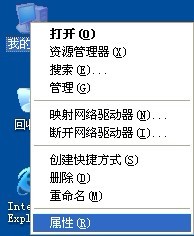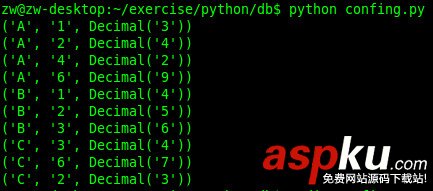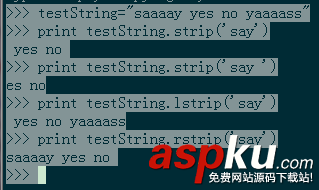shelve類似于一個key-value數據庫,可以很方便的用來保存Python的內存對象,其內部使用pickle來序列化數據,簡單來說,使用者可以將一個列表、字典、或者用戶自定義的類實例保存到shelve中,下次需要用的時候直接取出來,就是一個Python內存對象,不需要像傳統數據庫一樣,先取出數據,然后用這些數據重新構造一遍所需要的對象。下面是簡單示例:
import shelvedef test_shelve(): # open 返回一個Shelf類的實例 # # 參數flag的取值范圍: # 'r':只讀打開 # 'w':讀寫訪問 # 'c':讀寫訪問,如果不存在則創建 # 'n':讀寫訪問,總是創建新的、空的數據庫文件 # # protocol:與pickle庫一致 # writeback:為True時,當數據發生變化會回寫,不過會導致內存開銷比較大 d = shelve.open('shelve.db', flag='c', protocol=2, writeback=False) assert isinstance(d, shelve.Shelf) # 在數據庫中插入一條記錄 d['abc'] = {'name': ['a', 'b']} d.sync() print d['abc'] # writeback是False,因此對value進行修改是不起作用的 d['abc']['x'] = 'x' print d['abc'] # 還是打印 {'name': ['a', 'b']} # 當然,直接替換key的value還是起作用的 d['abc'] = 'xxx' print d['abc'] # 還原abc的內容,為下面的測試代碼做準備 d['abc'] = {'name': ['a', 'b']} d.close() # writeback 為 True 時,對字段內容的修改會writeback到數據庫中。 d = shelve.open('shelve.db', writeback=True) # 上面我們已經保存了abc的內容為{'name': ['a', 'b']},打印一下看看對不對 print d['abc'] # 修改abc的value的部分內容 d['abc']['xx'] = 'xxx' print d['abc'] d.close() # 重新打開數據庫,看看abc的內容是否正確writeback d = shelve.open('shelve.db') print d['abc'] d.close() 這個有一個潛在的小問題,如下:
>>> import shelve >>> s = shelve.open('test.dat') >>> s['x'] = ['a', 'b', 'c'] >>> s['x'].append('d') >>> s['x'] ['a', 'b', 'c'] 存儲的d到哪里去了呢?其實很簡單,d沒有寫回,你把['a', 'b', 'c']存到了x,當你再次讀取s['x']的時候,s['x']只是一個拷貝,而你沒有將拷貝寫回,所以當你再次讀取s['x']的時候,它又從源中讀取了一個拷貝,所以,你新修改的內容并不會出現在拷貝中,解決的辦法就是,第一個是利用一個緩存的變量,如下所示
>>> temp = s['x'] >>> temp.append('d') >>> s['x'] = temp >>> s['x'] ['a', 'b', 'c', 'd'] 在python2.4以后有了另外的方法,就是把open方法的writeback參數的值賦為True,這樣的話,你open后所有的內容都將在cache中,當你close的時候,將全部一次性寫到硬盤里面。如果數據量不是很大的時候,建議這么做。
下面是一個基于shelve的簡單數據庫的代碼
#database.py import sys, shelve def store_person(db): """ Query user for data and store it in the shelf object """ pid = raw_input('Enter unique ID number: ') person = {} person['name'] = raw_input('Enter name: ') person['age'] = raw_input('Enter age: ') person['phone'] = raw_input('Enter phone number: ') db[pid] = person def lookup_person(db): """ Query user for ID and desired field, and fetch the corresponding data from the shelf object """ pid = raw_input('Enter ID number: ') field = raw_input('What would you like to know? (name, age, phone) ') field = field.strip().lower() print field.capitalize() + ':', / db[pid][field] def print_help(): print 'The available commons are: ' print 'store :Stores information about a person' print 'lookup :Looks up a person from ID number' print 'quit :Save changes and exit' print '? :Print this message' def enter_command(): cmd = raw_input('Enter command (? for help): ') cmd = cmd.strip().lower() return cmd def main(): database = shelve.open('database.dat') try: while True: cmd = enter_command() if cmd == 'store': store_person(database) elif cmd == 'lookup': lookup_person(database) elif cmd == '?': print_help() elif cmd == 'quit': return finally: database.close() if __name__ == '__main__': main() 


















